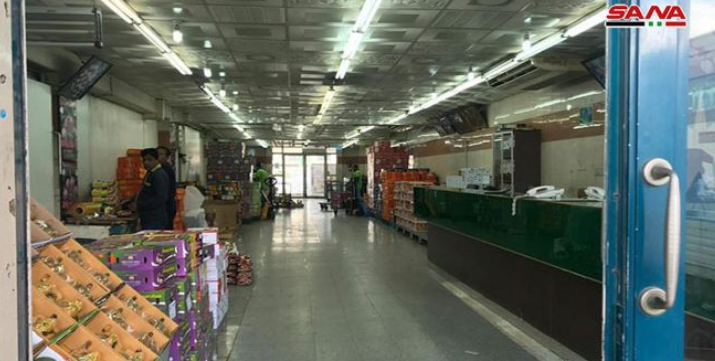Fayez Qassouma, the former chairman of the Exports Committee at the Damascus Chamber of Commerce, said that export conditions in Syria are difficult but not harsh. He added that the situation is acceptable and exporters are implementing the government’s instructions; it is the government, however, that creates the correct or unsuitable climate.
Speaking to local radio station Melody, Qassouma said that the government’s exports support program in Syria is outdated and troubled, with the government providing 5 percent in support to the source. This support should be paid in cash, as soon as possible.
“There have been inaccurate rumors about the sanctions regime and exports. Syrian goods reach markets in more than 100 countries, and exports need to be revitalized,” he said. “We as a private sector have no problem anywhere, not even in terms of remittances.”
Read Also: Iran to Open Free-zone and Bank in Syria for Stronger Economic Foothold
Qassouma explained that there has been a free trade agreement in place between Syria and Saudi Arabia since 1975, which remains valid. Yet an obstacle exists for exporting to Iraq, as the Iraqi government imposes high tariffs on Syrian exports. The tariff does not affect trade as long as the goods eventually reach the Iraqi market.
Qassouma pointed out that responsibility for the flow of goods lies with the government and not traders, but when the government lifts subsidies it causes high prices in the markets. He noted that the government does not work transparently, the rationale for lifting subsidies is not clear, and liquidity control measures have affected imports and eliminated competition.
This article was translated and edited by The Syrian Observer. The Syrian Observer has not verified the content of this story. Responsibility for the information and views set out in this article lies entirely with the author.


